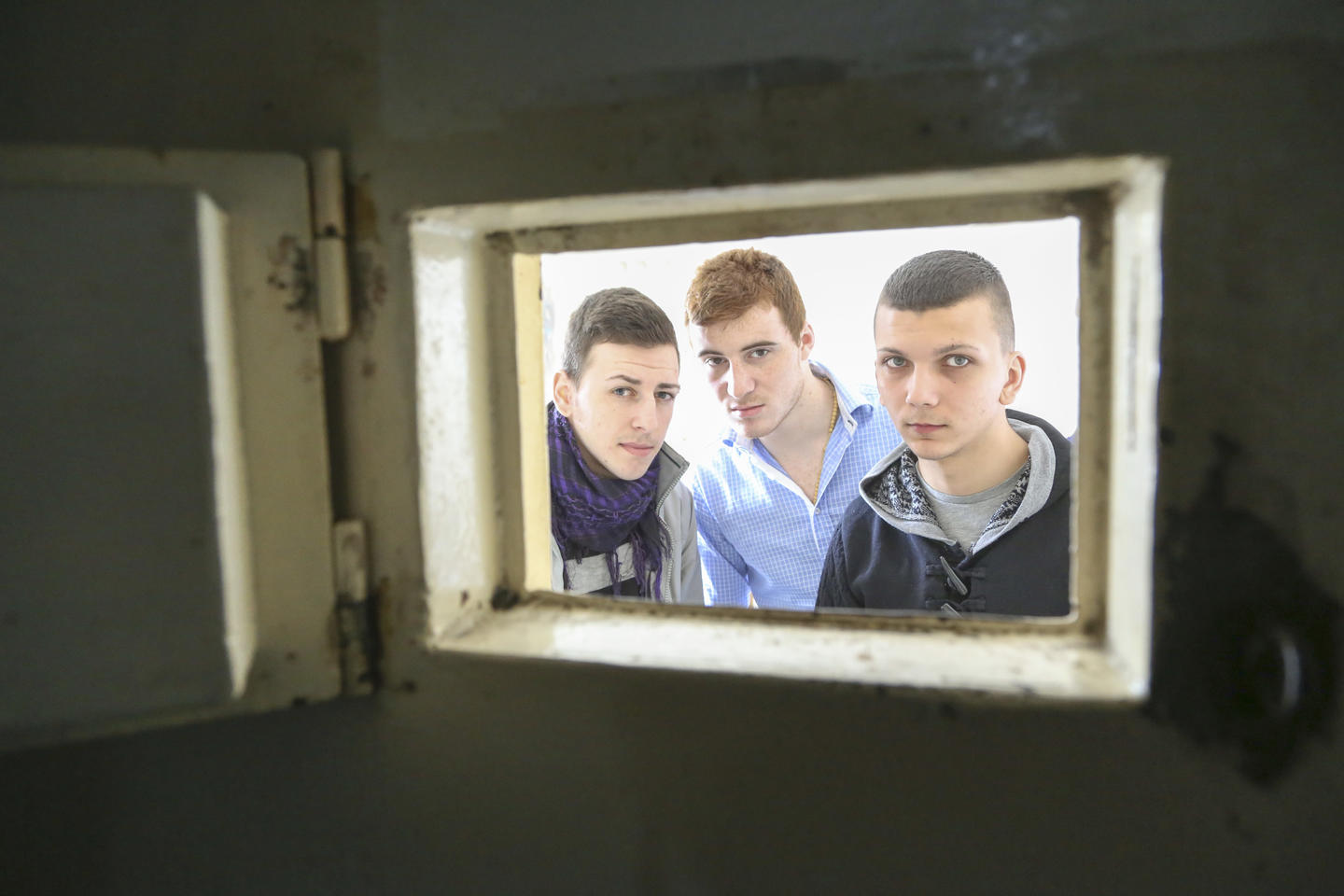Key information about the programme
- The programme is operated by: The Ministry of Justice
- The Donor Programme Partners in this programme are: Norwegian Ministry of Justice and Public Security, Directorate of Norwegian Correctional Service, Norwegian Courts Administration.
- International partner organisation: Council of Europe
- The programme’s objective is: Strengthened rule of law
- The programme funding amounts to € 45,000,000 (excluding co-financing) and is funded entirely by the Norway Grants.
Why is the programme needed?
The aim of the Norway grants Romanian Justice programme is “strengthened the rule of law. The programme also supports activities aimed at ensuring civil rights, equal treatment and protection, which are crucial elements for inclusive and sustainable growth.
Ensuring an efficient, accessible and qualitative justice system has been a high priority for the Romanian authorities for many years. Despite the progress and improvements made, there are several challenges and needs which still need to be addressed e.g., improving the infrastructure and material conditions within prisons, human resources and justice chain staff, quality, transparency and access to justice as well as social reintegration processes for former convicts. Overcrowding and material conditions in prisons represent a major problem in the current the penitentiary system. At the same time the reoffending rate is high. The programme provides support to strengthen probation services and train staff trained in order to deal with these challenges.
There are still major funding gaps for the establishment and functioning of victims and aggressors’ services and in developing strategic intervention tools for preventing and combatting this phenomenon. The programme will provide support to improve the systematic approach to preventing and providing services and support to victims of gender-based and domestic violence.
Increasingly sophisticated organized crime is also posing serious challenges for law enforcement in Romania. Organized crime often requires the use of new methods to detect and combat crime, which add to the complexity of the work. Complex criminal investigations require, on one hand, adequate resources and supporting investigative tools to reveal all schemes used and, on the other hand, improved competences of the human resources through continuous training and exchange of best practices. In tackling the above challenges, a special focus needs to be directed towards the most vulnerable and minorities, including Roma. The actions aiming to improve the situation of the Roma will build on the positive achievements of the Norwegian Financial Mechanism 2009-2014 and will be carried out in compliance with Romania’s current national strategy for Roma inclusion. Access to justice is a key factor for Roma to be able to enjoy their legal rights.
What will the programme achieve and who are the beneficiaries?
The justice programme will be implemented through seven large projects targeting the personnel, practitioners and specialists within the judiciary system, prison and probation staff and their clients, professionals dealing with victims of domestic violence and sexual violence, citizens including Roma and other vulnerable groups in addition to the civil society.
To improve Romania’s correctional services the programme will support three projects aiming to improve the capacity of the reintegration services. All three projects will benefit from investments addressing both infrastructure and capacity building. Through targeted training for prison and probation staff, the programme will ensure a more effective social reintegration, increasing the employability and reducing the re-offending rates of former convicts. Furthermore, to improve physical conditions in prisons, 1400 prison cells will be renovated in line with European standards. In addition to increasing the use of alternative sentences the programme will contribute to ease the overcrowding in Romanian prisons.
In the area of domestic and gender-based violence the programme will improve central and local authorities’ capacity to implement the Istanbul Convention. To this end training will be provided for relevant actors, such as judges, police and social workers. New standards and working tools for social and medical services will be expanded, while services for perpetrators will be established.
To increase the efficiency of the judicial system and improve the application of European legal concepts, the programme will support comprehensive training modules for legal professionals as well as upgrades of their IT infrastructure. All measures aim to increase the capacity of the specialized bodies fighting organized crime and should result in an increase in number of prosecuted cases.
In line with the special concern int the Memoranda of Understanding at least 10% of the programme’s allocation will support activities aimed at improving the situation of the Roma population. Through information campaigns and establishment of specialized legal aid centres access to justice will be substantially improved for the Roma population.
How will the programme strengthen bilateral relations?
The programme has a strong bilateral dimension building on the successful bilateral cooperation during the Norway Grants 2009-2014, which consisted of a comprehensive exchange of best practices between the justice and correctional services practitioners from the two countries. Involvement of three Norwegian donor programme partners will allow for the identification of donor experts to provide specific expertise that will ensure the achievement of the programme objective. This will also lead to long term strengthened bilateral relations between the peer institutions.
Availability of funding through open calls
The funding under this programme is allocated to projects which have been pre-defined in the programme agreement. No public calls for funding will be announced under this programme.
Download the full programme agreement for more detailed information about the programme.
More information can also be found on the website of the Norway Grants in Romania.
